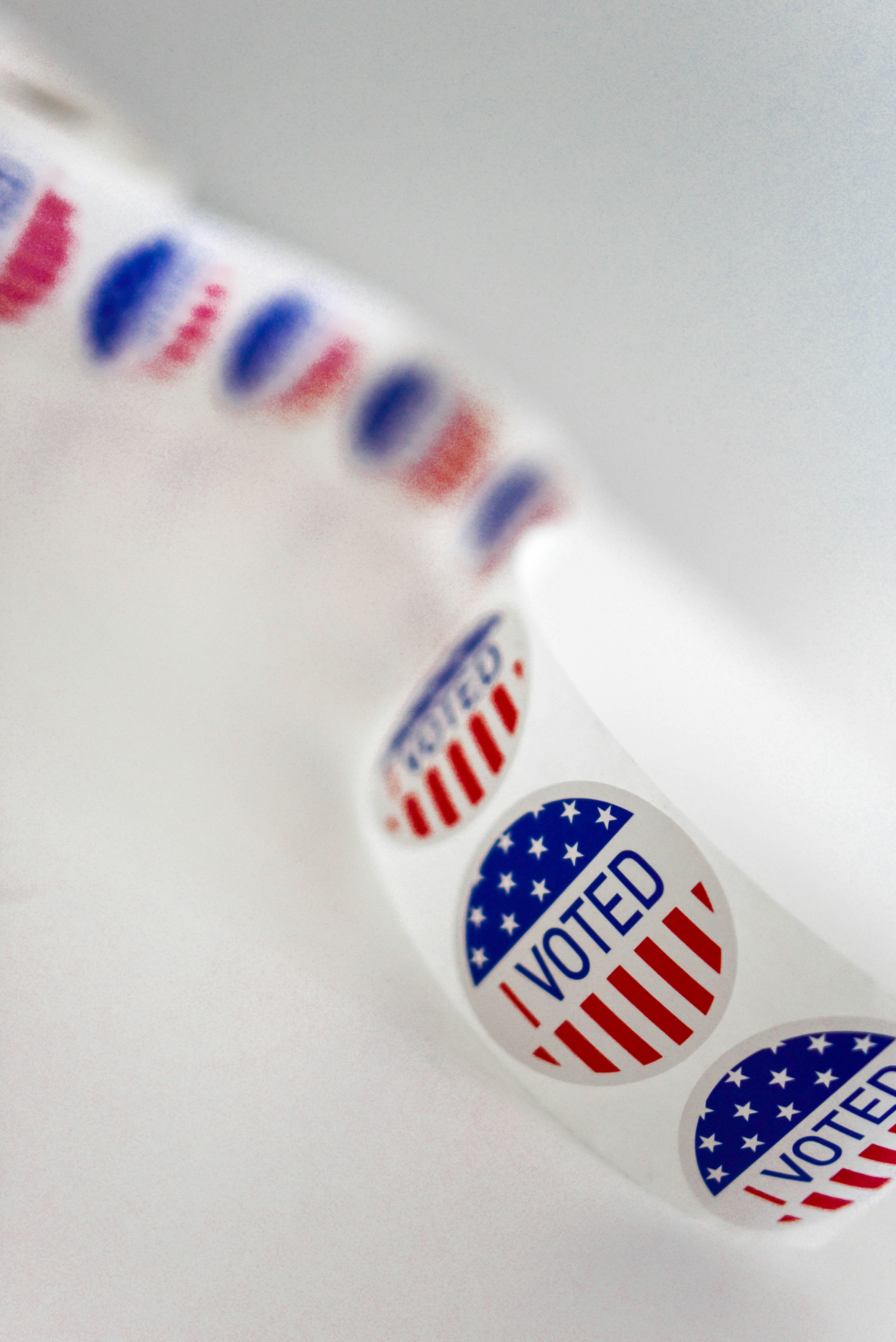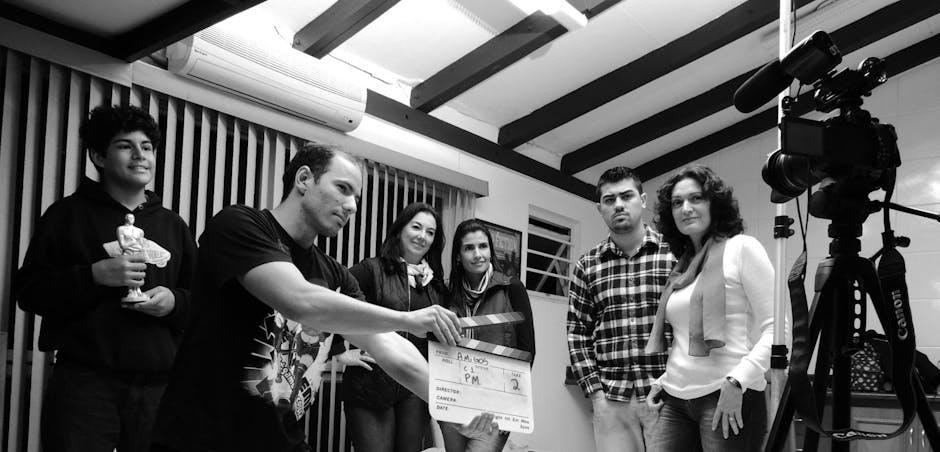In the intricate world of Hollywood, where public image and marketability often dictate career trajectories, an actor’s political stance can play a pivotal role in shaping their professional opportunities. This article delves into the multifaceted relationship between an actor’s political views and their casting prospects, exploring how these personal beliefs can influence industry perceptions, audience reception, and ultimately, career longevity. By analyzing recent trends and case studies, we aim to uncover whether aligning with—or diverging from—prevailing political sentiments can open doors or create barriers in an ever-evolving entertainment landscape.
Impact of Political Views on Casting Decisions
The intertwining of politics and entertainment has become increasingly pronounced, with an actor’s political views potentially influencing their career trajectory. In an industry where public perception is crucial, casting decisions may be swayed by the political affiliations or outspoken nature of a performer. Producers and directors might consider the potential impact on audience demographics, fearing that a controversial stance could alienate segments of their viewership. This cautious approach can lead to a calculated decision-making process where political neutrality is sometimes favored.
Several factors contribute to this dynamic:
- Public Image: Actors with strong political opinions may be seen as divisive, affecting box office success.
- Brand Alignment: Productions often seek actors whose views align with their brand values to maintain a cohesive image.
- Social Media Influence: The reach and impact of social media mean that an actor’s political statements can quickly become widespread, influencing public opinion and casting considerations.
Ultimately, while talent remains paramount, the intricate dance between politics and casting decisions is a reality that actors and filmmakers navigate with increasing awareness.

Analyzing Industry Bias and Its Consequences
In the entertainment industry, biases can manifest in various forms, subtly influencing casting decisions. Political biases are particularly insidious, as they often operate under the surface, impacting actors whose political stances are either publicly known or assumed. Casting directors and producers may unconsciously or consciously allow their own political views to influence their decisions, leading to a homogeneous representation of perspectives in media. This creates an environment where certain voices are amplified while others are marginalized, limiting the diversity of narratives presented to audiences.
The consequences of such bias are multifaceted. Consider the following impacts:
- Typecasting: Actors with known political affiliations may be stereotyped into specific roles that align with or oppose their views.
- Reduced Opportunities: Some actors may find themselves excluded from projects due to perceived political incongruence with the creative team or target audience.
- Cultural Echo Chamber: The perpetuation of political bias in casting can lead to a cultural echo chamber, where diverse political narratives are underrepresented.
Ultimately, the industry must strive for an environment where casting decisions are made based on talent and fit for the role, rather than political alignment, to ensure a rich tapestry of stories that reflect the true diversity of human experience.

Navigating Political Expression in Hollywood
In the heart of Hollywood, where creativity and commerce intersect, an actor’s political stance can sometimes be a double-edged sword. While some studios and filmmakers champion freedom of expression, others may weigh the potential for controversy against box office returns. This dynamic creates a complex landscape for actors who choose to voice their political beliefs. The industry’s response can vary widely, leading to potential casting challenges or unexpected opportunities.
- Risk of Alienation: Aligning with polarizing views may lead to alienation from certain audiences or industry figures.
- Increased Visibility: Public political engagement can boost an actor’s profile, aligning them with roles that resonate with their values.
- Networking Impacts: Political expression can influence professional relationships, both positively and negatively, depending on shared beliefs.
Ultimately, the impact on casting opportunities is nuanced, reflecting a balance between personal authenticity and industry dynamics.

Strategic Approaches for Actors with Strong Political Beliefs
Actors with strong political beliefs can navigate the complex landscape of casting opportunities by employing strategic approaches that align with their values while maintaining professional flexibility. Here are some effective strategies:
- Selective Transparency: Share political views judiciously, considering the potential impact on career opportunities. Balance openness with discretion to maintain broad appeal.
- Network with Like-Minded Professionals: Build relationships with industry peers who share similar beliefs. This network can provide support and open doors to roles that resonate with personal values.
- Choose Roles Wisely: Opt for projects that align with political convictions, allowing for authentic performances that resonate with personal integrity.
- Leverage Social Media: Use platforms to express political stances thoughtfully, enhancing visibility while showcasing a commitment to issues that matter.
By adopting these strategies, actors can effectively balance their political identities with career ambitions, ensuring that their beliefs enhance rather than hinder their professional journey.

